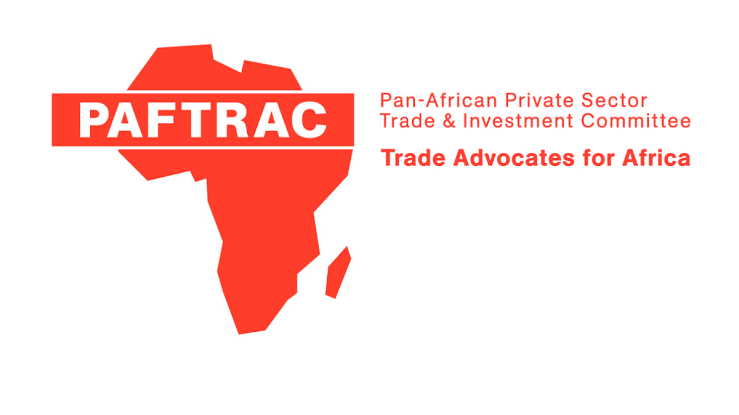The Federal Government has announced plans to begin full enforcement of the National Single Window policy in 2026 as part of its efforts to boost efficiency and reduce cargo clearance time at Nigeria’s ports.
Vice President Kashim Shettima made this known during the second meeting of the Ports and Customs Efficiency Committee held at the Presidential Villa, Abuja. According to his media aide, Stanley Nkwocha, the initiative will establish a unified digital platform to streamline trade documentation, minimize human contact, and enhance transparency in cargo clearance processes.
Shettima explained that the policy is designed to make Nigeria’s ports among the top three most efficient trade gateways in Africa. The target is to reduce average cargo clearance time to less than seven days, compared to the current 18 to 21 days. For comparison, Ghana’s ports average five to seven days, while the Republic of Benin records about four days.
“The cost of clearing goods in Nigeria is estimated to be 30 per cent higher than that of many of our regional peers. Our ports record cargo dwell times 475 per cent above the global average benchmark,” Shettima said. “These inefficiencies are symptoms of an economic ailment that costs us investments, drives up consumer prices, and weakens our export competitiveness.”
He revealed that an Executive Order on joint physical inspection is awaiting President Bola Tinubu’s approval to tackle operational bottlenecks and ensure a more coordinated inspection process among port agencies.
The Vice President also charged the Nigerian Ports Authority (NPA), Nigerian Customs Service, NAFDAC, Standards Organisation of Nigeria (SON), and other regulatory agencies to strengthen Nigeria’s weights and measures framework to align with international trade standards.
“The era of agencies working in isolation is over,” Shettima stated. “Inter-agency rivalry must give way to inter-agency synergy. We are only as efficient as our collaboration allows.”
Managing Director of the NPA, Abubakar Dantsoho, who also spoke at the meeting, highlighted the role of partnerships and technology in improving port operations. He noted that the Ports and Customs Efficiency Committee has already recorded measurable progress through enhanced coordination and joint inspection among key agencies.
Dantsoho added that infrastructure upgrades, staff training, and the deployment of modern port equipment remain critical to strengthening Nigeria’s maritime competitiveness and sustaining its role in regional and global trade.










